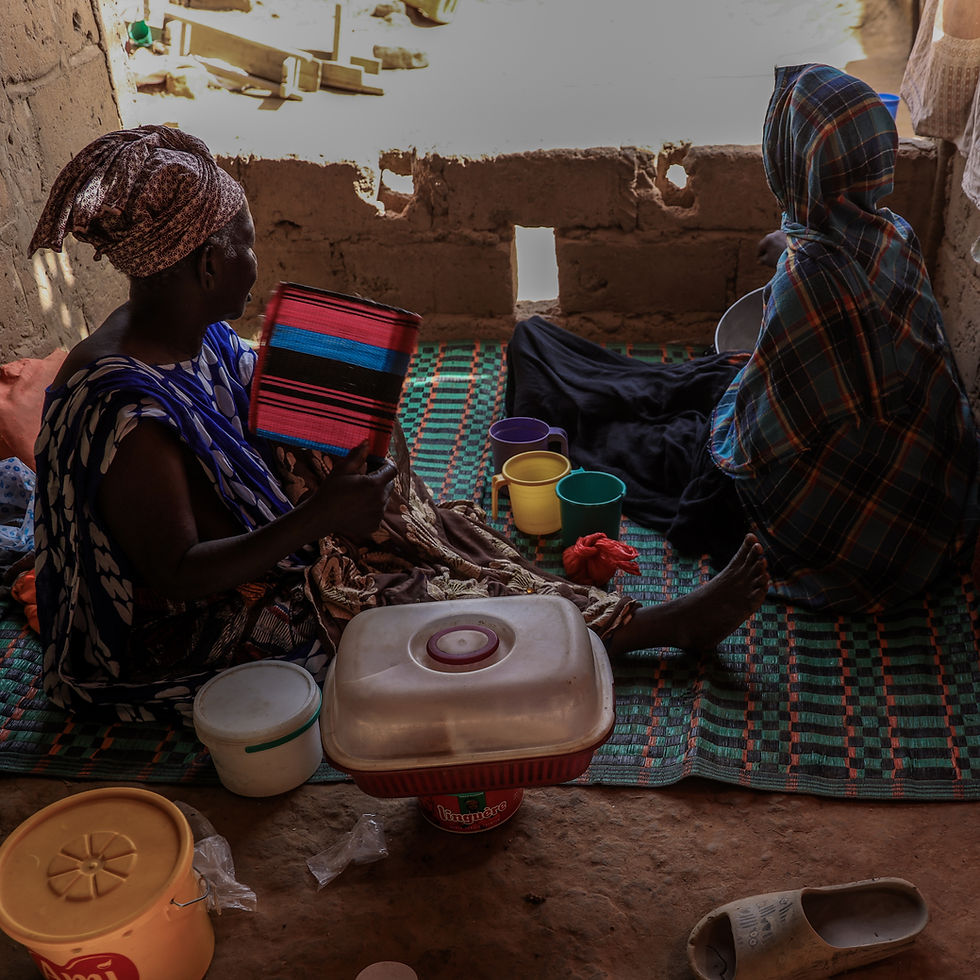


Transforming research into action
The data collected during this research will not only be used to co-develop the intervention with the communities, but will also provide a solid basis for formulating operational recommendations for decision-makers and the various stakeholders involved in the project.



Goal 1 :
Understanding what promotes or hinders exclusive breastfeeding
Identify the main drivers and barriers to the adoption of exclusive breastfeeding in a context of climate stress and social vulnerability.
Goal 2 :
Exploring practices and influences within families and communities
Analyse representations, practices and dynamics of influence within families and communities in relation to infant feeding.
Goal 3 :
Co-create tailored solutions and concrete recommendations
Contribute to the collective development of a contextually appropriate intervention and the formulation of concrete recommendations for field actors and decision-makers.

© IRD - Ina Makosi, MOPGA project
In the shade of a tree, Senegal
In the shade of a large tree, by the side of the road, a small makeshift market. Women sell a few agricultural products to travellers. Mboloyel, Matam region, Senegal.
Exclusive breastfeeding (EBF) in extreme heat, a major challenge in the region of Matam

© IRD - Ina Makosi, MOPGA project
Effect of heat on maternal health, Senegal
A young infant sweating in a health centre without air conditioning.
With temperatures rising due to climate change, there are numerous effects on health.
The heat makes motherhood even more difficult for women and young babies.
Presentation
Exclusive breastfeeding (EBF) is a fundamental pillar of infant health, recommended by the WHO for its many benefits, particularly in terms of nutrition and protection against numerous infections. However, in the Matam region, extreme climatic conditions make this practice difficult. These climatic challenges, combined with socio-economic constraints, cultural practices, and the limitations of community awareness strategies, hinder the adoption of EBF.
In response to these obstacles, one component of the SPRINT-Sen project focuses on understanding the determinants of EBF and the factors that encourage mothers to switch to mixed feeding before 6 months. From 8 to 28 October 2024, a qualitative study was conducted in the four target localities, gathering the experiences of mothers, their families and friends, health professionals and community actors through 65 individual interviews and five focus groups.
